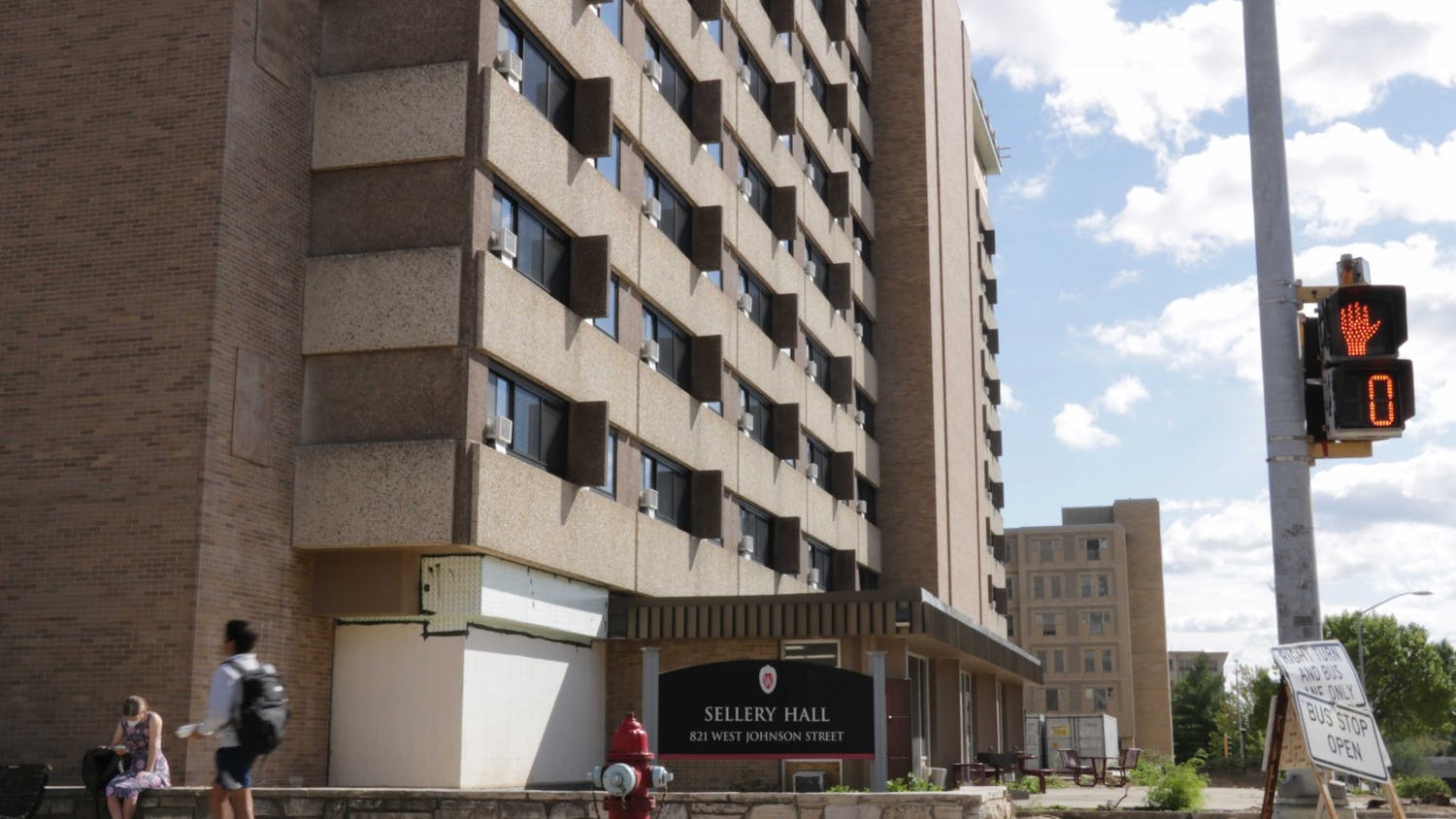UW-Madison undergraduate students will face tuition increases for the next four years to fund improvements to financial aid and academic support as part of the Madison Initiative for Undergraduates proposed by Chancellor Biddy Martin.
The UW System Board of Regents approved the initiative May 8.
In-state students will pay $250 more in tuition next year, with the charge continuing to increase by $250 for each of the following three years. Out-of-state students (not including Minnesota students) will pay $750 next year, with the charge increasing by $750 each year.
Students whose families make less than $80,000 a year will receive grants to cover the surcharge.
Regent Colleene Thomas, a UW-Madison graduate student, said one of the reasons she voted for the initiative is for its increased faculty and instructional support. She said the initiative will help alleviate waiting lists for high-demand classes like Spanish.
""Our students understand that knowing Spanish will give them an advantage. It's our responsibility to give them that opportunity,"" she said. ""When students come to UW-Madison they're signing on to a world-class undergrad experience, not just whatever classes are available.""
Regent Michael Falbo, the only regent who did not vote for the initiative, abstained from the vote. He supported the initiative's goals but opposed the grants for students whose families make less than $80,000. He said many students from families who make more than $80,000 pay their own tuition.
""They don't really have any idea where the money [for the initiative] is coming from,"" he said.
Jonah Zinn, a UW-Madison sophomore who spoke against the initiative before the Board of Regents, also supported the initiative's goals but worried that it is a step toward greater dependency on tuition dollars and less on state funds.
""Are we going to need more Madison Initiatives in the future?"" Zinn said. ""[The initiative] makes it seem like things are going well when in reality the real problem isn't fixed. The state needs to make higher education a greater priority.""
Although supportive of the initiative, Thomas was also concerned about its greater implications on higher education funding.
""The national higher education debate will now include the Madison Initiative,"" she said. ""People are watching what's happening here.""





